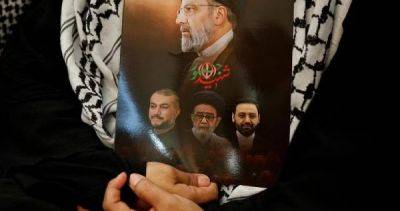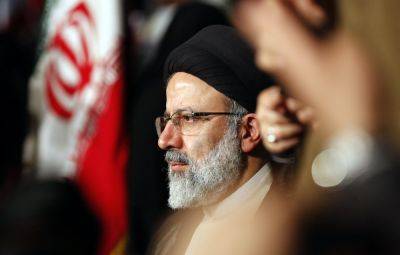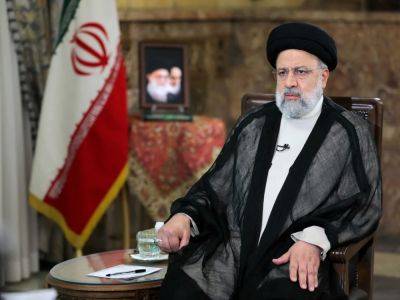Iran is gaining credibility across the Muslim world
Iran’s leadership has been a direct beneficiary of the months-long war in Gaza. With every missile that Israel fires on Gaza, every US veto of a UN Security Council ceasefire resolution, and every arrest of an anti-war protester on American university campuses, Iran’s rejection of the US-dominated world order gains more credibility in the Muslim world.
The ruling clerical regime in Iran has built its foreign policy on the pillar of anti-Americanism, rejecting what it frames as the “injustice” of US domination and “bullying” of other countries. Washington’s continued support for Israel’s war on Gaza in the face of an increasing international backlash has only reinforced this narrative.
While the US has tried to backtrack and signal that humanitarian considerations should guide Israel’s conduct of the war, the damage to US credibility has been done. Many around the world – and specifically in Muslim countries – do not see the belated US warnings to Israel as genuine.
And Tehran’s message of anti-Americanism is resonating with large segments of the public in the Muslim world.
In one regional opinion survey in late October, for instance, just 7% of respondents said the US had a positive impact on the war, compared to 40% who viewed Iran’s role as positive.
And in December, the highly respected Arab Barometer reported that approval ratings for the Iranian supreme leader, Ayatollah Ali Khamenei, had surpassed those of the Saudi crown prince and Emirati president.
This change in Iran’s standing in the region is being watched with concern by the political elite in the neighborhood.
What Iran sought to achieve by attacking Israel
Iran’s image has been further enhanced by the fact it is the only Muslim state to attack Israel







